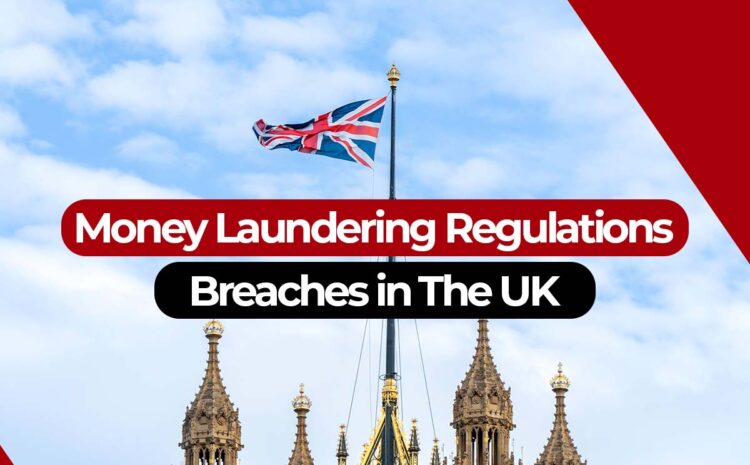
In the UK’s economy, obliged firms play a significant role in its financial systems. They engage in transactions of vital importance on a day-to-day basis and as a result are exposed to being used for illegal purposes. In this way, they must always act with integrity and abide by the rules and regulations. One of such regulation that firms must pay special attention to is the Anti-Money Laundering Regulations.
Professional firms are required by the regulations to have in place anti-money laundering systems and controls that meet the UK’s anti-money laundering regime’s requirements. These firms must ensure that material employees are made aware of the firms’ policies, controls, and procedures and are accountable for their actions.
Under the 2017 regulations, where a firm fails to meet its obligations, it can be liable to face civil penalties or criminal sanctions for any breach. The regulation will make sure that firms and other entities are held responsible for the actions and inactions of their employees. Staff screening, supervision, and training are now a very important part of compliance with the AML Regulations in the UK.
Penalties for non-compliance
One of the main supervisors of AML under the UK regime is the HMRC which has strict penalties for non-compliance of AML regulations. This is to encourage and deter businesses to comply with these regulations. Usually, based on the nature of the breach by a firm, the HMRC decides on the action to be taken against each breach separately.
The following factors will be used to consider the amount of penalty charged by the HMRC;
– The reason for non-compliance.
– The gravity of the offence.
– The business’s compliance history.
– The business’s relative size.
– The benefits received.
– The amount exposed to money laundering activities.
Also, where a firm or business makes a voluntary disclosure of breaching the regulation, HMRC will allow for a reduction in the penalty and may also need to pay a £1,500 penalty administration charge along with the penalty for breaches.
Non-compliance with the regulations means that businesses could be committing both civil and criminal offences and face fines, sanctions, being removed from business, or a criminal charge.
Businesses are also allowed by HMRC to appeal against the decision of penalties. They will also review an unrelated officer. During this time, the penalized business cannot carry out any regulated activities. If it does not agree with the review’s outcome, the business can also appeal to a tribunal.
Some areas of concern which many companies are found to be in breach of are the following;
– Risk assessment and associated record-keeping.
– Policies, controls, and procedures.
– Fundamental customer due diligence measures.
Firms or businesses are encouraged to abide by all AML regulations of the UK as it helps to curb the occurrence of illegal activities in the UK. Failure to comply with these regulations will attract strict penalties as discussed in this blog.
For more information about AML regulations for your company, firm, or business in the UK, please reach out to us for a free consultation.
We provide other legal services ranging from company formation, intellectual property, property law, immigration, and a host of others in the Middle East, Africa, Asia, and India.
We at eLegal Consultants look forward to meeting you and are ready to journey with you to actualize your dreams. Contact us today.




